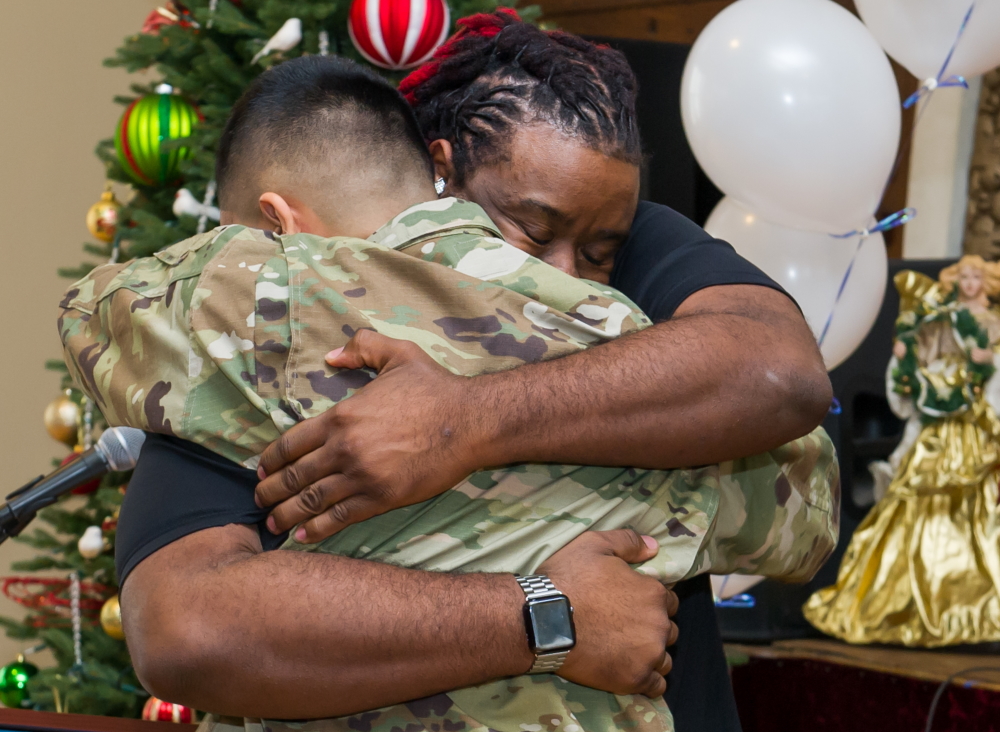Growing up in South Chicago, a neighborhood plagued by poverty, gun violence and gang activity, 15-year-old LaRon Brewer lives with trauma every day.
“There’s always a lot of violence going on,” says Brewer.
Like many cities across the country, Chicago is experiencing a rise in gun violence and murder since the onset of the pandemic. 2020 saw shooting incidents and murders skyrocket after several years of decline, and 2021 is on track to surpass those numbers. As of Sept. 30, Chicago police had recorded 629 murders so far this year, compared with 605 murders at the same point last year.
 But the overall statistics do not reflect the deep disparity in violence between Chicago neighborhoods, where some residents are 42 times more likely to be shot than others. Nor do they capture the stress and emotional toll violence takes on young people in dangerous neighborhoods.
But the overall statistics do not reflect the deep disparity in violence between Chicago neighborhoods, where some residents are 42 times more likely to be shot than others. Nor do they capture the stress and emotional toll violence takes on young people in dangerous neighborhoods.
To cope with violence and gang influences, Brewer joined Urban Warriors, a YMCA of Metropolitan Chicago program that brings together combat veterans and youth impacted by violence.
Urban Warriors connects youth ages 13 to 19 with post-9/11 veterans using a curriculum that helps them work through, discuss and heal from their respective traumas.
The program was founded in 2014 by a former Y employee who was talking with his brother, a veteran, about their childhoods in a rough neighborhood.
“They were talking about the impact of violence, and the skills that it takes to navigate community violence, and they said, ‘This sounds like what veterans have to deal with,’” says Juanita Pye, senior manager of Youth Safety and Violence Prevention for the YMCA of Metropolitan Chicago. “It helps if you have a core group that you stick together with.”
Over 16 weeks, veterans and youth meet weekly to share their stories and build trusting relationships to help them heal.
Each two-hour meeting includes a check in and an ice breaker and delves into a discussion of a topic such as team building; life stories; identity; stress reduction; and grieving and loss.
The groups consist of about 15 participants, including youth and veterans, as well as a Y staffer.
“Now they are transcending racial lines and gang lines,” Pye says. “I think this does a tremendous service for relationship building and mitigating conflict across neighborhoods.”
Youth can join only after they’ve been involved in other Y programs, such as afterschool homework help or basketball, so that staff are familiar with the difficulties they face.
“We don’t want to just drop them into Urban Warriors,” Pye says. “The conversations in Urban Warriors are deep. First, we learn about where they may need help in school, or what their family dynamics are, and what their goals are.”
The veterans and young people take part in exercises that may bring up difficult feelings, such as writing memorial letters to family or friends they’ve lost.
Four times a year, Urban Warriors meet with their counterparts at other Ys across the city.
“Now they are transcending racial lines and gang lines,” Pye says. “I think this does a tremendous service for relationship building and mitigating conflict across neighborhoods.”
Rogelio Villa is a participating veteran who served in Afghanistan in the Army National Guard.
“I was enlightened by the parallels between children who grow up in a world of gangs and violence” and combat veterans, he says. “It creates that PTSD.”
Villa listens to the young people and shares coping skills with them. He tells them to stop and think about why they are feeling the way they do, and then coming up with solutions to manage the stress.
“There are a lot of youth that don’t like to ask for help,” he says. “That’s another thing they share with vets – that’s a big one right there. You need to ask for help sometimes, just to start the healing process.”
The Y regularly evaluates the program, which has served more than 500 participants over seven years.
Among recent participants, 82% of youth reported they felt the program expanded their network and that they had more people to support them.
Brewed found he could relate to the veterans.
“They don’t be like grumpy grownups,” he says. “They’re, like, chill with us.”
Brewer says Urban Warriors has made him more confident.
“I wasn’t very comfortable with talking with people before,” he says. “When I walk in a room now, I can set the vibe for the room. I can start a conversation with anybody.”
Villa says he is inspired by the young people he meets through the program.
“Some of these youth, the stories you hear about how they’ve grown up, are tough,” he says. “They’ve been through a lot at a young age. Just to be able to still survive, maneuver through life and to be alive, that, in itself, is inspiring.”




























